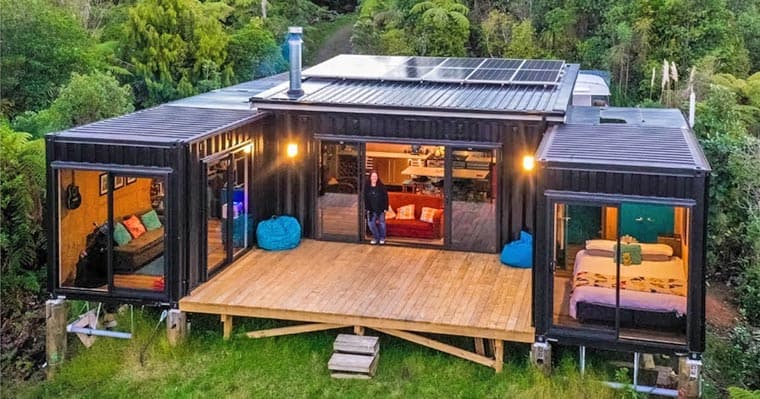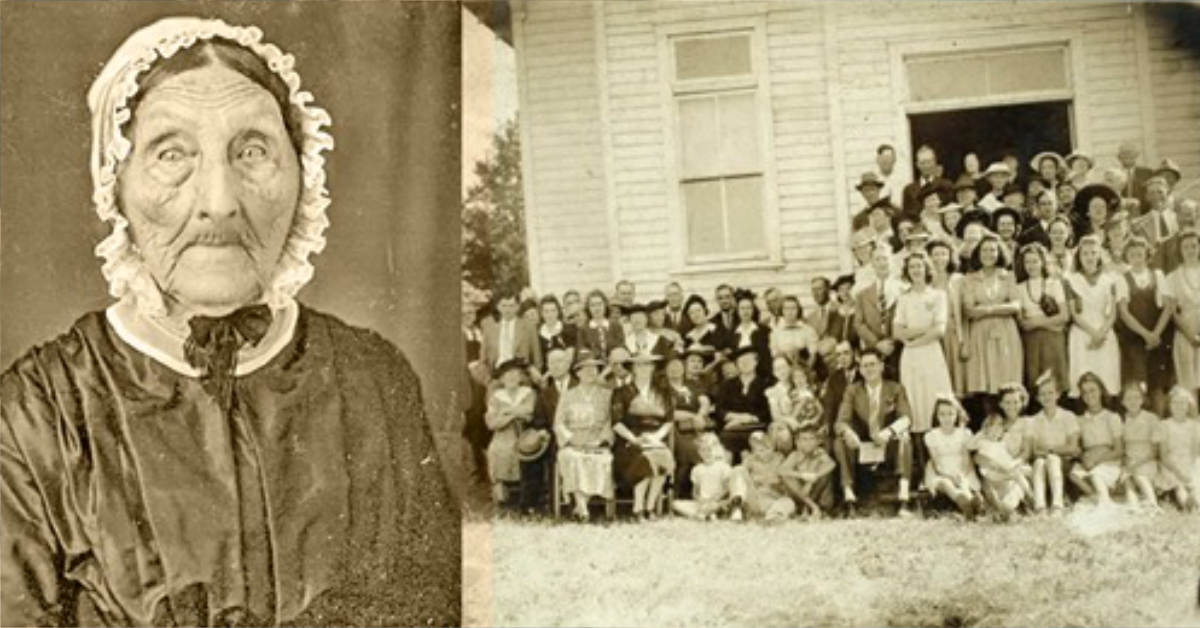Why is it so difficult for us to make new acquaintances as adults?
- As we become older, our capacity to create new acquaintances and keep such friendships deteriorates.
- Adult loneliness is caused by a lack of trust and time, according to a clinical psychologist.
- Adults who are lonely might benefit from a daily 10-minute concentration on relationship development and accepting vulnerability.
You may certainly understand why loneliness is at an all-time high if you’ve ever tried to meet new acquaintances as an adult. It’s difficult to make new pals.
Making friends at school might be as simple as climbing on the monkey bars with them. Making, cultivating, and retaining friendships as an adult, on the other hand, might be considerably more challenging.
This is significant because we require friends. And, while old friends are priceless, nothing remains the same indefinitely. Old pals go away, or their time is consumed by child-rearing or a profession. Loneliness might creep up on you if you don’t take action. It’s worth considering since new information reveals that chronic loneliness may be fatal — the equivalent of smoking 15 cigarettes per day in terms of death rates.
It’s also not just you. Loneliness has reached pandemic proportions in many nations. And that was before COVID-19 made seeing our buddies considerably more difficult.
The challenge of trust
Before COVID, around a third of Australians reported feeling at least one episode of loneliness. Since COVID brought widespread disruption to our work and social lives, loneliness has soared. Surveys now find over half (54%) of Australians report experiencing greater loneliness since the start of the pandemic.
As we strive for a new COVID-normal, it’s important to evaluate your connections and determine if you think your social life is in good shape or may need some support.
In a recent survey, individuals were asked about their biggest challenges in forming friends, and the most common response was a lack of trust. That is, compared to when they were younger, people found it more difficult to place their faith in new people and totally invest in them as friends.
Perhaps this is why, given the trust they have built up through time, many individuals strive to preserve their circle of old friends as long as feasible.
Who had it the most difficult time? Women were more likely than males to indicate they found it difficult to create new acquaintances because they lacked confidence in others.
So, what is it about maturity that appeals to you? Adults, on the other hand, have a higher level of self-awareness than children. While this is usually a good thing, it also means we’re more conscious of the dangers of being evaluated by others, not being liked, being rejected, and being harmed. Or maybe it just means we’ve made it through high school and into our twenties.

Friendships need time
After the trust issue, there’s the matter of time. When asked why they found it difficult to form friends as adults, the second most prevalent explanation after “lack of trust” was “lack of time.”
Many of us are aware of this. When we have busy job schedules, active family life, or a combination of the two, we have less time to engage in friendships. Even when we meet a potential new acquaintance, finding time to engage in them might be difficult. This is a significant issue for seniors, because most people’s responsibilities grow as they become older.
What is the average time it takes to establish friends? Closer friendships take longer to form than casual acquaintances, which is not surprising. Researchers in the United States have attempted to quantify this, suggesting that moving from acquaintances to casual friends takes around 50 hours of shared contact. Is it possible to be a close friend? Over 200 hours of work.
Furthermore, the time you spend together must be of high quality. Professional relationships don’t count for much, even if you put in the time with your coworkers. A personal connection is required to form a new friendship. A friendship may be strengthened without having an intimate talk. Checking in and joking about might be just as vital as formal check-ins.

There are also more obstacles that prevent us from developing the friendships we desire. This might be due to an introverted nature, health issues, personal fears, or the desire to maintain a formal facade and not allow prospective friends in.
Older people are more prone to blame disease and infirmity for their inability to socialize, whereas younger people are more inclined to blame introversion and rejection anxieties.
How can we get better at making friends as adults?
As adults, we have the ability to transcend these hurdles and form meaningful, long-lasting connections. We don’t have to accept loneliness as an unavoidable fact of life. And, while you may believe everyone else has a terrific social life, keep in mind that loneliness is common.
So, how do you go about doing it?
Spend 10 minutes a day cultivating friendships.
To cement a new friendship, you don’t have to be climbing mountains or connecting over a common interest. You can keep current friendships and make new ones if you put in 10 minutes a day. Send an SMS, forward a meme, join a group chat, or make a short phone call. Don’t get caught up in the amount of work, energy, and time it takes to form friendships. It’s possible that ten minutes a day will enough.
Make the most of any quality time
Make the most of the time you do have to spend with a friend or acquaintance. If at all possible, avoid distractions, save Instagram for the sofa, and focus on your new acquaintance.
Lean into your vulnerability
The concept of being vulnerable scares us a lot. I believe we should welcome it. Keep in mind that you have complete choice over how much you trust and how much you reveal. If you have trouble trusting others, consider revealing personal information in little increments rather than everything at once.
Yes, being vulnerable has a danger, but it also carries the possibility of making a genuine connection with someone who may become a wonderful friend. And that is a well-deserved prize.









